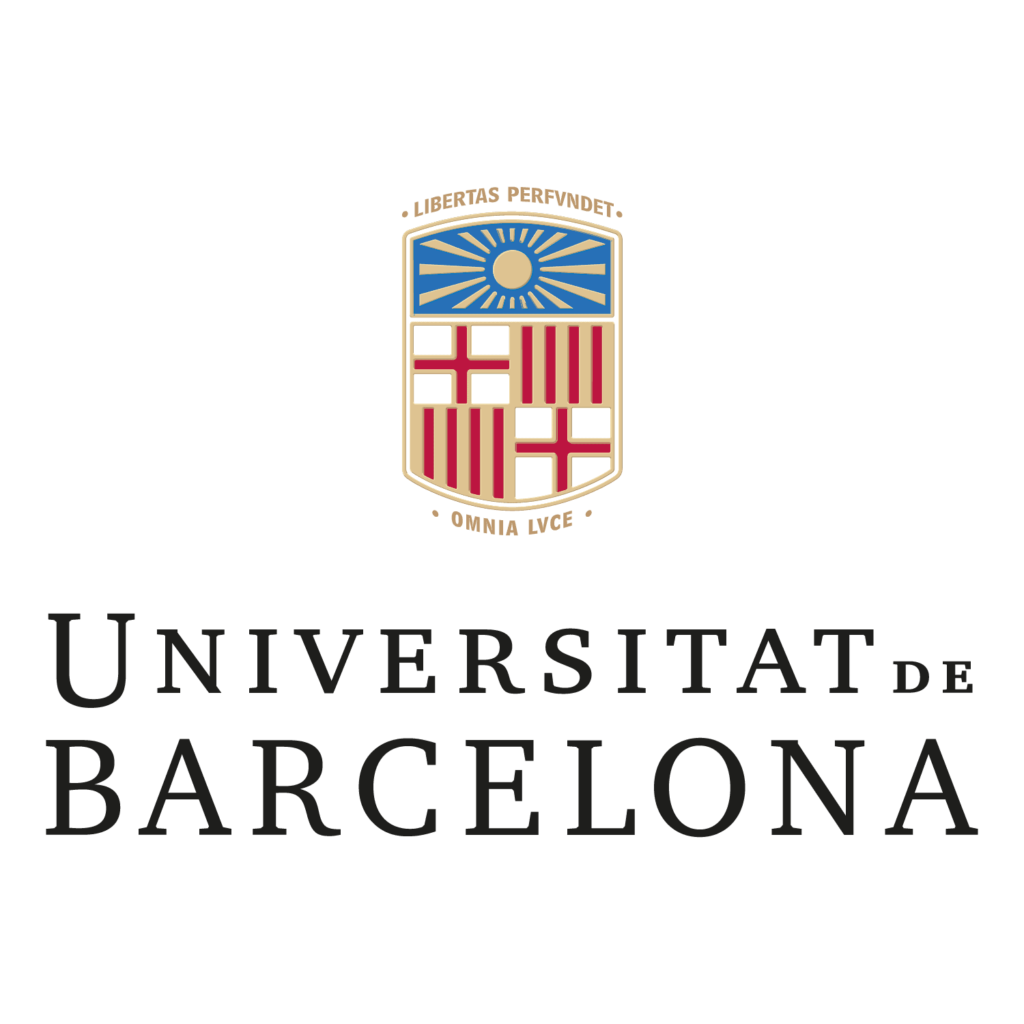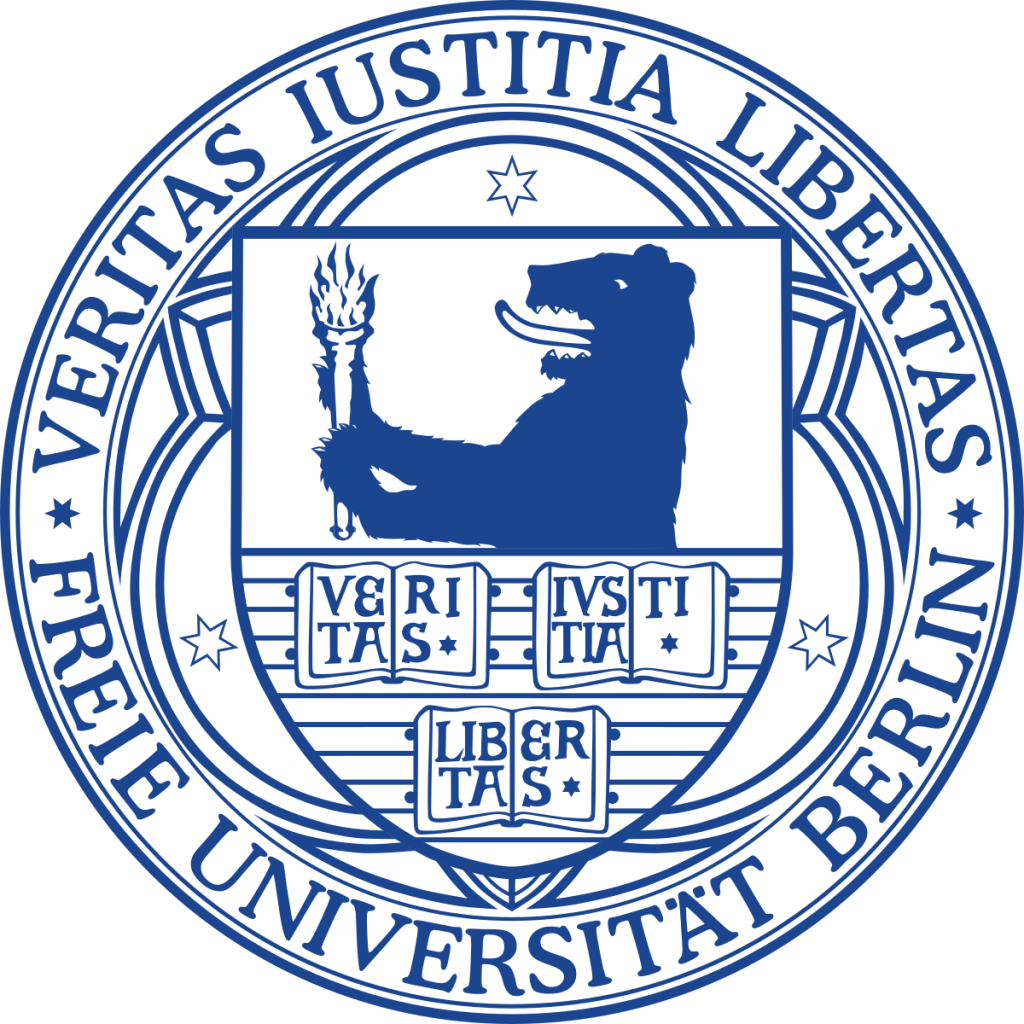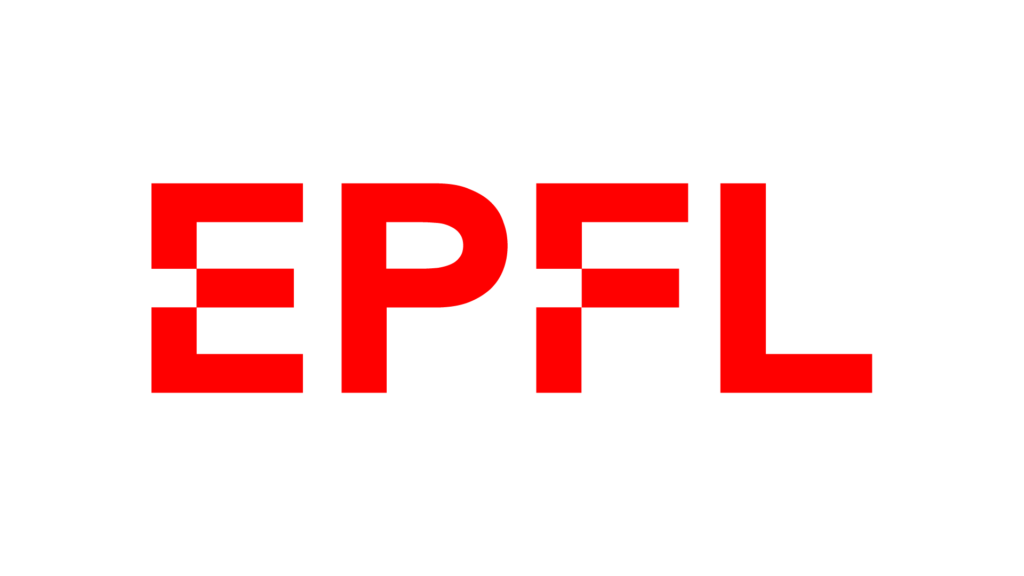Join the team
FLUXIONIC is a Marie Skłodowska-Curie Doctoral Network (DN) (HORIZON-MSCA-2022-DN-01) aiming to provide integrated training for early career researchers, enabling them to achieve scientific excellence and set the foundations of their future careers.
Our main goal is to train young researchers for future leadership in the rapidly growing fields of nanotechnology. Controlling transport of liquid matter through channels with dimensions from Ångströms to nanometres is a fundamental scientific challenge bridging Physics, Chemistry, Materials Science, and nanoscale technologies. It has huge technological and socio-economic impact, as it is a base for vital applications such as clean water, disease treatment, sustainable production, storage and usage of energy. Explaining the anomalous transport behaviour at the sub-nano scale, where the conventional macroscopic description of transport breaks down, necessitates close integration of experiments, theory, and atomistic simulations.
FLUXIONIC will train a new generation of early-stage researchers in the diverse skills that are needed to develop and apply precisely controlled nanofluidic mass transport. We are a group of leading experts in the relevant fields and will provide a collaborative and stimulating environment for the doctoral candidates, who will have a chance to participate in a unique, balanced, and timely supra-disciplinary training with opportunities to move between industry and academia. The European network involves academic nodes an industrial partners in Barcelona, Paris, Berlin, Mainz, Bochum, Delft, Trondheim, Cambridge, Oxford, Manchester and Lausanne.
FLUXIONIC is seeking 15 motivated PhD Candidates (DCs) in the interdisciplinary field of Fluid Flow in Nanoconfinement.
To qualify for the positions, you have to fulfil the mobility requirement: you cannot have resided or carried out your main activity (work, studies, etc.) in the Host country for more than 12 months in the 36 months preceding the recruitment start date.
Applicants must hold a Master’s Degree in Physics/Chemistry/Chemical Engineering/Materials science or other relevant disciple or equivalent degree allowing them to enroll in a PhD program at the time of recruitment. Each DC will be enrolled in the PhD program of one of the academic partners. A very competitive EU funding (Marie Skłodowska-Curie) is offered for 36 months.

Molecular dynamics simulations of nanoscale water confinement and transport
Project PI: Prof. Marialore Sulpizi
Organization: Ruhr Universität Bochum
Description:
The project in the Interfaces group @RUB (https://tp3.physik.ruhr-uni-bochum.de/theoretical-physics-of-electrified-liquid-solid-interfaces/) addresses nanoscale water confinement and transport which occur in a range of natural phenomena (e.g. ion channels, lubrication) and artificial fluidic devices. Molecular dynamics simulations at the ab initio level and using machine learning potentials will be used to investigate the fluid dynamics in nano-confinement, explicitly including electronic aspects suggested by the experiments, such as metallicity, local charges, local protonation/deprotonation. The project will benefit of various collaborations within the FLUXIONIC network.

Theoretical analysis of entropic transport in the nanoscale
Project PI: Prof. Ignacio Pagonabarraga
Organization: University of Barcelona
Description:
The project in the Pagonabarraga group is dedicated to analyze theoretically the impact of substrate hydrophilicity on flow of different classes of complex fluids across corrugated channels. The project, which will include analytic models and coarse-grained computational models, will analyze the relevant length and time scales in which dissolved species (such as cations and anions) distribute, diffuse and advect. The project will study systematically the fundamental principles that control the different flow regimes that emerge due to the dynamical correlations of the dissolved species and heterogeneous substrates , as well as their impact in the accumulation, transport, and rectification of dissolved species. We will use the theoretical and computational results as guidance to understand and propose nano devices for point-of-care analysis

Theoretical analysis of electrokinetics in confined microgels
Project PI: Prof. Ignacio Pagonabarraga
Organization: University of Barcelona
Description: The project in the Pagonabarraga group is dedicated to analyze theoretically the mechanical properties of soft and deformable microgels. These are colloidal gel particles that consist of chemically cross-linked three-dimensional polymer networks, and which can dramatically swell or shrink in response to a variety of external stimuli.
The approach, which will include analytic models and coarse-grained computational models, will be versatile and will allow to consistently account for the interplay between the internal degrees of freedom (particle shape, charge distribution and charge dynamics inside the particles…), and the coupling to the dynamics of the solvent in which these particles are suspended, as well as the corresponding ionic distributions. The project will analyze the sensitivity of microgels to changes in the environment and the role that the microgel-internal pore structure (from micro to nano) has on its mechanical properties, and the dynamic regimes that control microgels under nanoconfinement, such as channels, slits and porous media subject to different types of actuations.

Theoretical prediction of non-linear spectroscopy and non-Markovian friction of confined fluids
Project PI: Prof. Roland Netz
Organization: Freie Universität Berlin
Description: The project in the Netz group is dedicated to a theoretical understanding of the spectroscopic and frictional properties of confined fluids. For this, ab initio and force-field molecular dynamics simulations of confined fluids will be combined with analytical models. One goal is to calculate spectra that can be directly compared with experimental linear and non-linear surface-sensitive vibrational spectroscopy data. Non-linear spectra will be predicted based on novel formulations that include quadrupolar and third-order electric-field response. Another goal is to extract frequency-dependent friction between liquids and confining surfaces from simulations and to predict flow and reactions in confinement.

Theoretical Reactivity of MXene-electrolyte interfaces
Project PI: Dr. Marie-Laure BOCQUET, Dr. Lydéric Bocquet
Organization: CNRS (PhD at the Ecole Normale Supérieure, Paris 5)
Description: 2D metal carbides called MXene are emerging materials for energy related applications since they can acquire an enormous charge in aqueous electrolytes and for sustainable electro-catalytic applications since they can embed SAC (Single Atom Catalyst) and perform as well as referenced expensive electrodes. Hence a subtle interaction between electrons of the metallic MXene and ions and/or small molecules in the aqueous solvent is yet to be discovered via realistic simulations of the solid/liquid interface at the electronic (quantum) scale. This theoretical project will be carried out in close collaboration with the experimental part of the team Micromegas. (https://www.lpens.ens.psl.eu/flu-int/micromegas-nano-fluidique/?lang=en)

Controlling charge dynamics and flow in nanocapacitors
Project PI: Benjamin Rotenberg and Emmanuel Trizac
Organization: CNRS (PhD at Sorbonne Université in Paris, France)
Description: Nanocapacitors involving fluids confined at the nanoscale between electrodes provide new opportunities for sensing or energy production/storage applications, but also to manipulate fluids via electrokinetic couplings. Yet, a question that has been so far overlooked deals with optimizing the time dependence of the required externally applied voltages. The main thrust of this project is to fill this gap for the control of charge and flow in nanocapacitors, with inspiration from the emerging field of “shortcuts to adiabaticity”, using a combination of analytical theories and numerical simulations (molecular dynamics and mesoscopic lattice models).

Machine-learning Modeling for Nanoconfined Aqueous Systems
Project PI: Prof. M. Ceriotti
Organization: EPFL, COSMO LAB
Description: This doctoral thesis will focus on the extension of state-of-the-art data-driven surrogate models of quantum mechanical calculations (including both machine-learning potentials, and models of dielectric response properties that are needed to estimate experimental observables) to incorporate the physical effects that are essential do describe aqueous systems in a confined environment. This includes for instance the description of long-range physical interactions, including static and polarizable electrostatics. Applications will include water confined in nanostructured silica, as well as potentially model systems relevant for biophysical processes.

Non-equilibrium Simulations of Charge Transport in Confined Environments
Project PI: Dr. S. Bonella
Organization: EPFL, CECAM
Description: This doctoral thesis will focus on the extension of state-of-the-art approaches to simulate the dynamics of charged systems in external electric and magnetic fields. Recently developed algorithms for studying nontrivial properties such as the ionic Hall effect in bulk will be adapted to simulations in confined environment. Implementations will study the behaviour of superionic water in supercapacitors and efficient and accurate inclusion of polarization effects in electrodes and electrolytes, with potential applications towards greener technologies.
